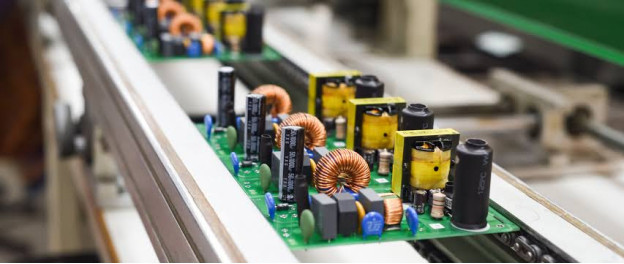Four Things to Understand in the IPC 620 Standard

The IPC/WHMA-A-620 is a popular IPC Certification program. The certification is based on the IPC standard titled "Requirements and Acceptance for Cable and Wire Harness Assemblies." IPC 620 standard defines practices and requirements to manufacture cable, wire, and harness assemblies. It is the QA and visual acceptance standard, and the certification is prescribed at the individual level. IPC 620 is an industry-developed program that can provide stakeholders with the knowledge and competence to leverage the best practices and release high-quality cable and wire harness assemblies.
In the PCB assembly, wires, cables, and harness assemblies are complex and difficult to trace. In the modern age of technological innovation, these three items have become more challenging to trace in complex applications like automotive and aerospace products. The malfunction or failure of these assemblies can be fatal in some applications. IPC 620 standard helps ensure the expected reliability and lifespan of the three items to release optimum quality products. The IPC 620 certification program encompasses training, certification, and the supply of instructional materials.
Topics covered in IPC 620 certification class:
- Soldering criteria
- Hardware installation
- Crimp requirements
- IDC terminal requirements
- Soldered requirements for connecting to terminals
- Wire interconnection requirements
- Wire and terminal requirements
- Wire welding requirements
IPC 620 standard identifies three classes of products. It includes:
- Class-1: The cable, wire, and harness assemblies that target the Class-1 products do not have to satisfy very high standards. Products in this category have the biggest allowance for defects. It primarily consists of toys and other cheap electronics that have a much shorter lifespan.
- Class-2: For Class-2 products, IPC 620 applies to mid-range electronics, which requires long-term reliability, but it is not critical. It includes "dedicated" electronics like microwaves, laptops, and other production equipment. If the products fail to meet the criteria, it does not threaten personal health or safety.
- Class-3: It includes high-reliability electronics that strictly adhere to the IPC requirements. It is necessary for on-demand, uninterrupted-service electronics in the medical, aerospace, and military industries.
Validity of IPC A-620 Certification
IPC/WHMA-A-620 certification lasts for two years. The stakeholders must recertify within six months before the certification's expiration date. Instructor certification and re-certification training are performed at IPC Licensed Certification Centers.
Benefits of IPC 620 certification?
Before the development and adoption of the IPC A-620 standard, different guidelines and references were applicable for the cable and wire harness assembly. However, with time, the industry has truly embraced the standard. The assemblers incorporate the IPC A-620 standard into the quality management systems to support the ISO and regulatory requirements. It enables the assemblers to achieve operational excellence and meet and exceed customer requirements consistently. It is helping them facilitate their quality assurance initiatives and improve the time to market.
The OEMs and harness assemblers use the IPC A-620 standard in various ways. The IPC 620 standard identifies acceptable criteria, establishes workmanship, and promotes compliance. The harness assemblers in 42 countries are following this standard. More than 1,000 companies globally assign at least one IPC-certified personnel to train others to use the standard.
To Conclude:
These are a few things you should know about the IPC 620 standard. It will help you release optimum quality cable, wire, and harness assemblies.
 847-797-9250
847-797-9250